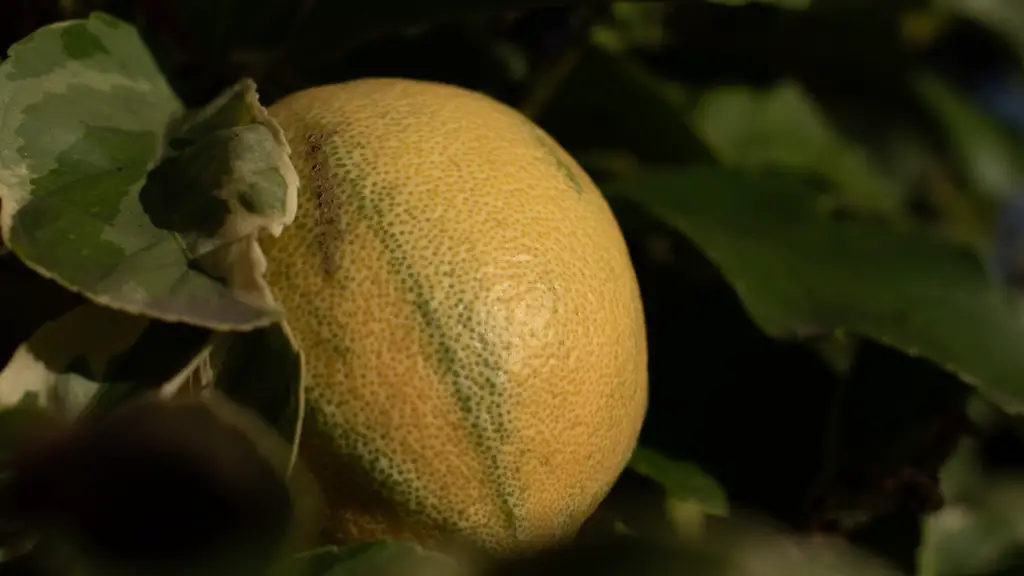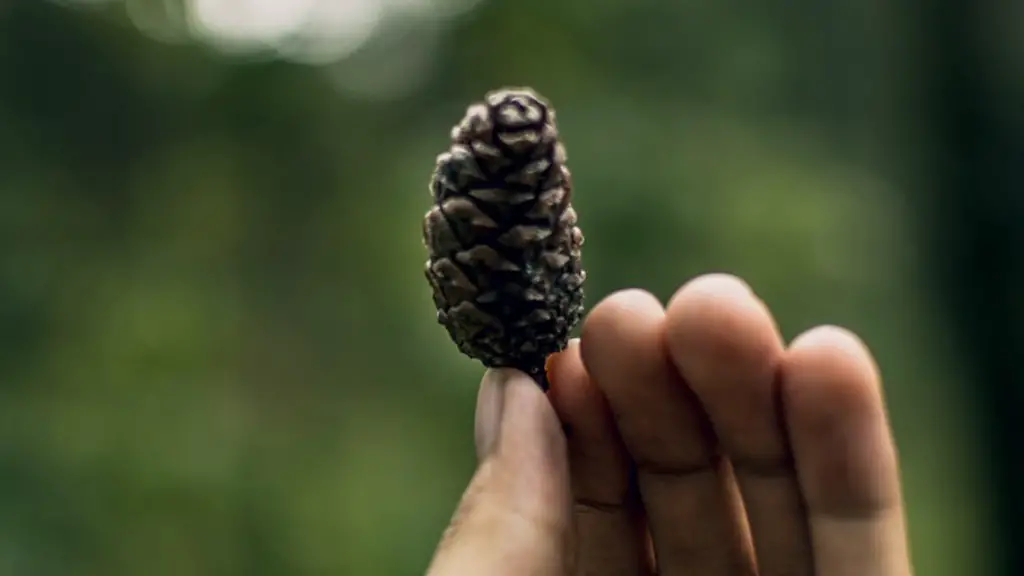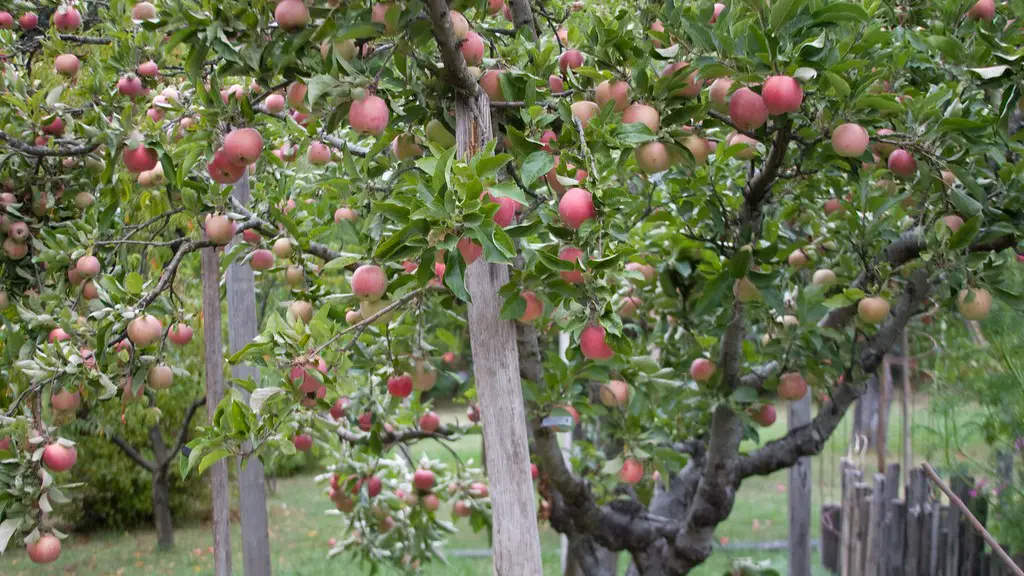Caring for a potted lemon tree can be extremely rewarding as it produces luscious, juicy lemons! However, it also requires specific care, such as proper watering. So, how often should you water a potted lemon tree?
The frequency of watering your potted lemon tree will depend on the size and age of the tree, the climate, the weather and the type of soil the tree is planted in. Ideally, young trees should be watered once a week during hot summer months, reducing to once in two weeks during cooler winter months. Once the tree is mature, you should water it approximately twice a week. If the area has experienced a lot of rainfall, you should reduce the how often you water the tree.
It’s important to figure out the best watering technique for your particular potted lemon tree. If the soil around the tree is sandy, it is likely to dry out quickly and thus, require more frequent watering. To make sure your lemon tree receives enough water for its needs, you should water it until the water visibly saturates through the soil. Once you see that your soil moist, it’s a good sign that your lemon tree is getting what it needs.
To check if your potted lemon tree has adequate water, you can also feel the soil near the trunk. If it feels dry to the touch, it likely needs more water. Additionally, observe the leaves. If they are yellow or droopy, then you may need to water it more often. On the other hand, if the leaves seem hard and sturdy, it is likely getting enough water.
It’s also important to use a watering can or hose to water your potted lemon tree. This will ensure that the tree gets the right amount of water without it getting too much. If you water your potted lemon tree with a sprinkler mover, it can risk over-watering the tree.
Overall, the frequency of watering a potted lemon tree depends on the size of the tree and the type of soil it is planted in, as well as the climate and weather. Young lemon trees should be watered once a week, while mature lemon trees should be watered twice a week. However, rainfall should be taken into account when watering your potted lemon tree. Finally, feel the soil and observe the leaves to make sure the tree has enough water.
Light and Humidity
Another important element of caring for potted lemon trees is to make sure the tree gets enough light and humidity. The ideal location for a potted lemon tree is one that gets full sun for most of the day, so that it can receive the required eight to 10 hours of sunlight a day. During winter months, the tree should be moved slightly closer to a window to ensure it still gets enough light.
The humidity levels around the tree should also be monitored regularly. Generally, a potted lemon tree should receive around 45-55% humidity. If the humidity levels are too low, you can increase the humidity around your tree by misting it with water or placing a humidifier near the tree.
Additionally, potted lemon trees should be rotated once every two weeks, so that all the sides of the tree get enough light and humidity. This helps to maintain the tree’s healthy and even shape. Making sure your potted lemon tree is healthy and taken care of with enough light and humidity will help it to thrive and bear plenty of juicy lemons!
Fertilizer and Pruning
Fertilizer is another important element for potted lemon trees. You should use fertilizer specifically designed for citrus trees, but be careful not to overfertilize. Ideally, your lemon tree should receive fertilizer during the growing season (for example, during the summer months). During this time, the tree should be fertilized every couple of months with a granular fertilizer.
If necessary, you should also prune your potted lemon tree to help maintain its shape. This can be done by removing any dead or damaged branches. If the tree grows too large for the pot it is in, you can also prune it to keep it to a manageable size. Make sure to use sharp, clean scissors and gloves when pruning your lemon tree.
Pest Control
Pest control is also essential for a healthy potted lemon tree. Unfortunately, common pests such as mealybugs and scale insects can affect potted lemon trees. To control these pests, you can use insecticidal soaps and oils, such as neem oil. However, be careful not to overuse these products and always read the instructions on the label before using.
It’s also important to inspect your lemon tree regularly. Look for changes in the color of the foliage or any tiny insects or webs that could signal an infestation. If you notice any signs of pest infestation, it should be treated right away to prevent further damage to the tree.
General Care Tips
Finally, there are some more general tips you should follow when caring for a potted lemon tree. Make sure your pot is large enough to support the tree from the bottom up, and has enough space for aeration and drainage. Also, ensure that the pot has enough drainage holes so that the water can drain away easily.
It’s also important to use well-draining soil for your potted lemon tree. You can make your own soil mixture by combining organic material such as compost and sand, or use a ready-made soil mix from your local store.
Finally, make sure you inspect your potted lemon tree regularly. Check the soil to make sure it is moist and regularly check the tree for signs of pest infestations. Doing all of these things will help to keep your potted lemon tree healthy and fruitful!



